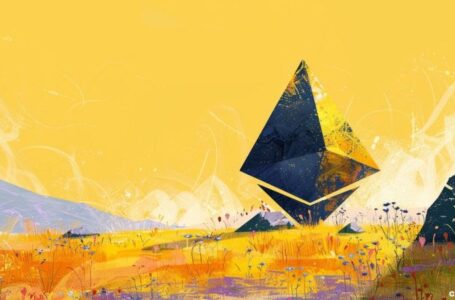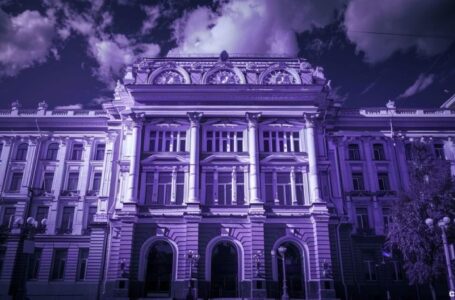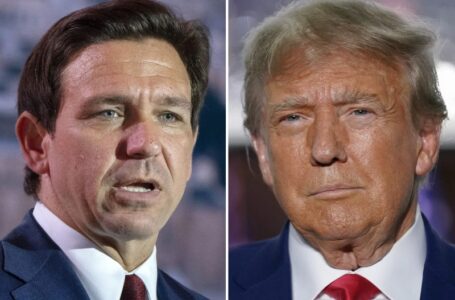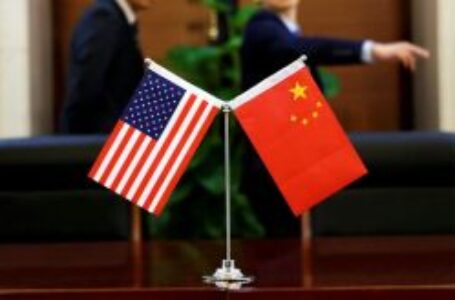Telegram Becoming ‘Crypto-powered Narcotics Department Store’ for South Koreans
In shock result, allies of jailed ex-leader Khan win most seats in Pakistan election
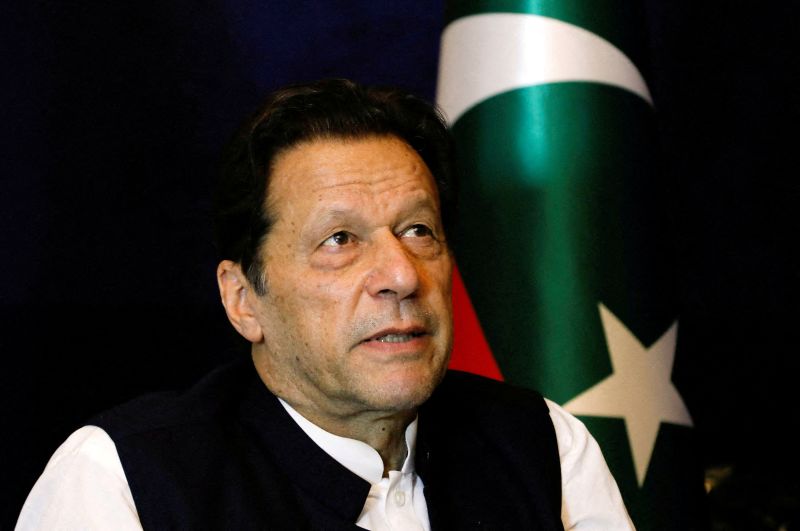

Independent candidates affiliated with jailed Pakistani political leader Imran Khan’s party won the most National Assembly seats in Pakistan’s general election, delivering a surprise victory in a vote marred by a slow count and rigging allegations.
According to the Election Commission of Pakistan, independent candidates won 98 seats so far, with 22 seats still unclaimed. The majority of the independents are affiliated with Khan’s party, Pakistan Tehreek-e-Insaf (PTI).
The Pakistan Muslim League Nawaz party (PMLN), which had been favored to sweep the polls, has so far won the second-most seats with 69. The Pakistan People’s Party (PPP) has the third-most with 51 seats.
The 22 remaining seats would not be enough to give PMLN, headed by former Prime Minister Nawaz Sharif, or PPP the lead, even if they were to win all of them. Still, none of the three major parties of the country will win the necessary 169 seats to have a majority in parliament and, therefore, will be unable to form government on their own, leaving it unclear who will be picked to be the country’s next prime minister.
In a speech released Friday, an AI-generated version of Khan claimed victory in the election and called on his supporters to “now show the strength of protecting your vote.”
Khan, who has been behind bars since August, has been using AI to get messages out to supporters. “You kept my trust, and your massive turnout has stunned everyone,” the AI voice said in the video.
Khan’s opponent, former Pakistani Prime Minister Nawaz Sharif, claimed that his PMLN party had emerged with the largest share. He admitted that his party did not have the “majority to form a government” and was looking for coalition partners.
Sharif, who once saw one of his terms end in a military coup, is considered by analysts to be favored by the country’s military establishment. The military has previously denied backing Sharif.
Violent protests had broken out on Friday over allegations of vote rigging and the slow vote count, amid warnings from the Human Rights Commission of Pakistan that the “lack of transparency” surrounding the delay in announcing the election results was “deeply concerning.”
At least two people were killed and 24 injured in Shangla in Pakistan’s northwestern Khyber Pakhtunkhwa during a confrontation between workers from Khan’s political party Pakistan Tehreek-e-Insaf (PTI) and police officers.
‘Indicative of tampering’
Analysts attribute the widespread anger to efforts by the country’s caretaker government and its powerful military, a force that has long-dominated Pakistani politics, to suppress Khan and his supporters, including through “pre-poll rigging.”
Khan has accused the military of orchestrating his removal from office in 2022, which saw thousands of his supporters throng the streets after that episode in defiance of the army. Both the military and Pakistan’s caretaker government have denied suppressing Khan or the PTI.
It was then announced Friday that she had lost in the Punjab constituency of Multan with what she said was a “historic” number of rejected votes, adding that this was “in my opinion, clearly indicative of tampering.”
Foreign governments have expressed concerns about interference in Pakistan’s election. On Friday, the US called for an investigation into “claims of interference or fraud” surrounding the vote, with a State Department spokesman agreeing with assessments that the elections “included undue restrictions on freedoms of expression, association, and peaceful assembly.”
“We condemn electoral violence… and are concerned about allegations of interference in the electoral process” spokesman Matthew Miller said.
Thursday’s vote, already delayed for months, comes as the country of 220 million faces mounting challenges – from economic uncertainty and frequent militant attacks, to climate catastrophes that are putting its most vulnerable at risk.
Former cricket star Khan, 71, who was ousted from power in a storm of controversy, remains imprisoned on multiple convictions and banned from contesting the vote against his rivals. The PTI has been prohibited from using its famous cricket bat symbol on ballots, dealing a blow to millions of illiterate people who might use it to cast their vote, and television stations are banned from running Khan’s speeches.
His longtime foe, 74-year-old Sharif, a scion of the elite Sharif political dynasty, is seeking to make what would be a remarkable political comeback following years of self-exile overseas after he was sentenced to prison on corruption charges.
Even if PTI does come out on top after the vote count is finalized, holding on to power in a new government could prove challenging.
Court rulings ahead of the election had forced the party’s candidates to run as independents. “This means that PTI has to worry that some of its sponsored candidates could align with other parties. And the military will likely pressure them to do so,” Kugelman said.
Sharif’s PMLN may also be able to form a coalition with other parties and shut out the PTI, Kugelman added.
If Sharif’s party forms the new government he would become prime minister for a historic fourth term. He took a conciliatory tone on Friday and stated that “all parties should sit together to heal a wounded Pakistan.”
He also stated that his party respected the mandate of all parties, “including independents,” referring to the candidates from jailed former Prime Minister Khan’s party, who had been unable to run under their party name.
Sharif stressed that his party “did not want to fight” as “Pakistan could not afford conflict.” He also said his party “wanted to improve relations” with Pakistan’s neighbors.
Also standing is Bilawal Bhutto Zardari, the 35-year-old son of slain former leader Benazir Bhutto, hoping to reestablish his Pakistan People’s Party as a major political force.



